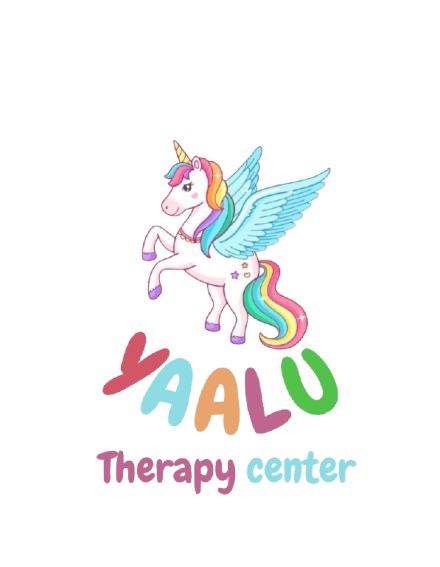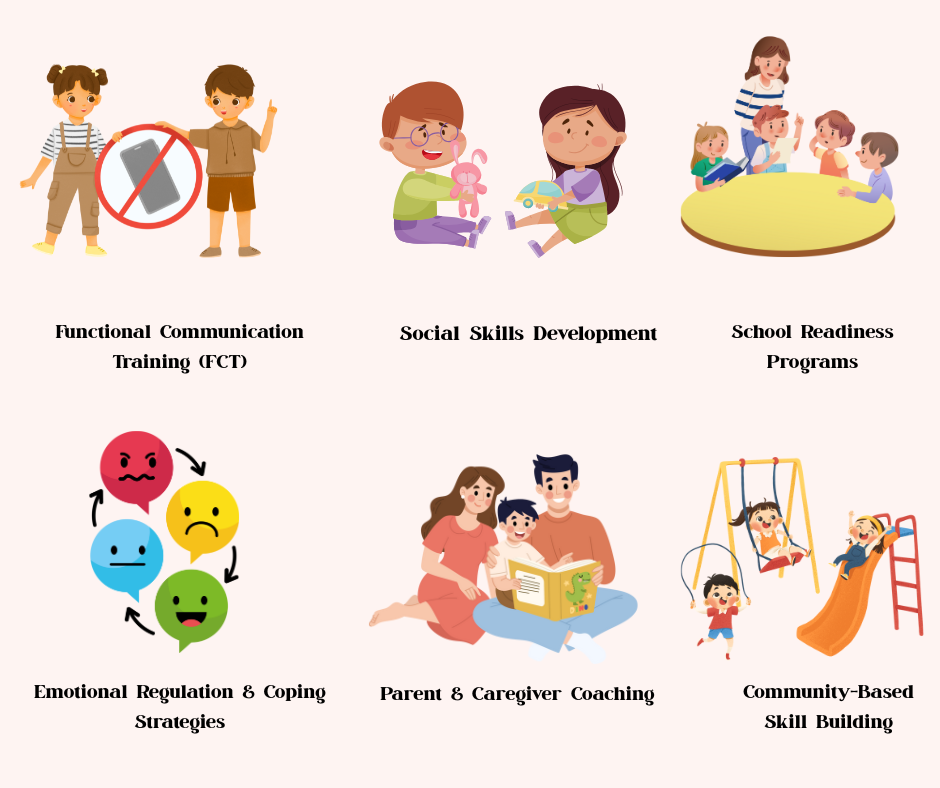WHAT WE DO?
ABOUT US
Yaalu Therapy Center is dedicated to transforming lives through Early Intensive Behavioural Intervention Services (EIBI), delivering evidence-based ABA therapy services that support children and families to reach their fullest potential.
We provide center based therapy sessions based on Today's compassionate ABA , a concept of a child being happy, relaxed and engaged before teaching them skills with adding more values to their needs.
OUR SERVICES



OUR PRACTICES
Early Intensive Behavioral Intervention (EIBI)
Functional Communication Training (FCT)
Social Skills Development
School Readiness Programs
Emotional Regulation & Coping Strategies
Parent & Caregiver Coaching
Community-Based Skill Building
What is EIBI Therapy?
Early intervention Behaviour Intervention (EIBI) / Applied Behaviour Therapy (ABA) is a highly effective, evidence-based approach for children with autism spectrum disorder (ASD). Beginning as early as 18 months to 3 years, it focuses on developing communication, social, self-care, play, and academic skills.
Each child receives an individualised treatment plan based on a comprehensive assessment by a behaviour analyst. ABA therapy relies on objective data collection to track progress and adjust interventions. Using behaviour analysis principles such as positive reinforcement, shaping, and prompting, it helps children acquire new skills and replace undesirable behaviours.
Therapy also addresses communication challenges, behaviour management, and parent involvement, ensuring skills are reinforced at home and in everyday settings. Intensive treatment, often with multiple sessions per week, is gradually reduced as the child progresses. Collaboration with other professionals and transition planning further support long-term development.









